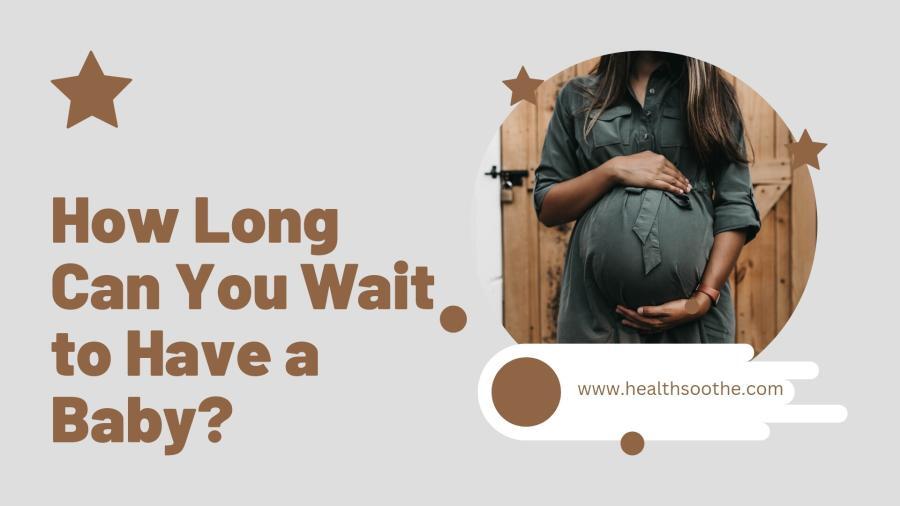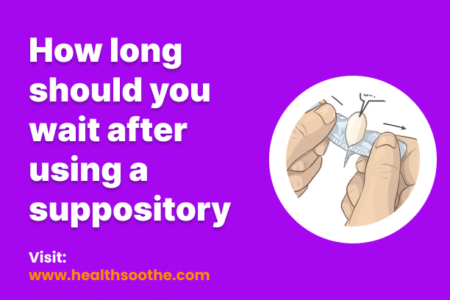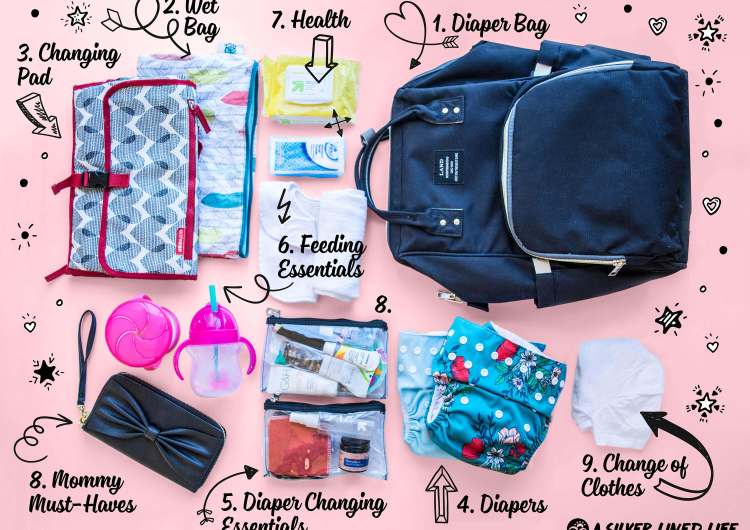Study shows that at the age of 20s or early 30s a woman has more and safer chances to have a baby! Want to know how?
Biologically, a woman's fertility rate changes with her age. A moderate number of eggs she can have varies as her age declines. Some statistics show that a lady's puberty starts with 300k to 500k eggs. And with the passage of time when she gets 37 it declines to approximately 25k. So, the number of a woman's fertility by age persists on decreasing to 1k when she gets 51.
Facts About the Right Time to Have a Baby
Wondering how long you should wait to have a baby? Well! Exactly 18 months, according to experts. Here is why:
- Waiting less or being impatient can be really harmful sometimes! The overly short period between pregnancies raises the chance of premature birth of children. The lesser you pause between pregnancies, the riskier it gets.
- On-time birth is great! Premature babies can have many health concerns that make some months of their birth really miserable.
- A body requires some duration to completely heal from the earlier pregnancy before it gets prepared for another one.
- And if not controlled, use some birth control like pills, condoms, and IUDs.
Hazards Of Being Pregnant after age 35
A baby and mother may face some risks after being pregnant after 35.
Infertility:
Do you know about menopause? When a woman reaches the age of 50, her menstrual cycle stops which is called menopause.
And it really takes a long time or "never" to be pregnant again. The reason mentioned earlier is that the fertility rate declines over time which means the number of eggs gets rarer and more irregular.
Chromosome Problems:
The chances of down syndrome in children are lesser in women around age 20, i.e., 1 in 1480 women. But this risk gets higher with the age and older women can encounter chromosome problems as the rate is 1 in 85.
Miscarriage:
The risk of miscarriage increases with the reduction in egg quality. Diabetes or high blood pressure is another cause of pregnancy loss. Want to know what else causes miscarriage, "Stillbirth 1https://www.cdc.gov/ncbddd/stillbirth/facts.html#:~:text=A%20stillbirth%20is%20the%20death, to%20when%20the%20loss%20occurs. ," So, it is really crucial to maintain prenatal meetings to detect problems earlier.
Cesarean Baby Delivery:
Like many other issues, C-sections can definitely put a woman in trouble sometimes as it's about 26% more in women aged 35 to 48. The older she gets the more pregnancy issues she encounters.
The Bottom Line:
Now you are clear with the fact that age matters for a healthy pregnancy and a woman's fertility.
Comprehend the dangers but also know that every lady & couple is special. And issues like pregnancy loss or infertility can hit you at any period. On the other hand, it is conceivable that you can have a very normal and healthful pregnancy plus delivery no matter if you are aged. So, be patient when it comes to planning a baby and growing your family!
Additional resources and citations
- 1https://www.cdc.gov/ncbddd/stillbirth/facts.html#:~:text=A%20stillbirth%20is%20the%20death, to%20when%20the%20loss%20occurs.



